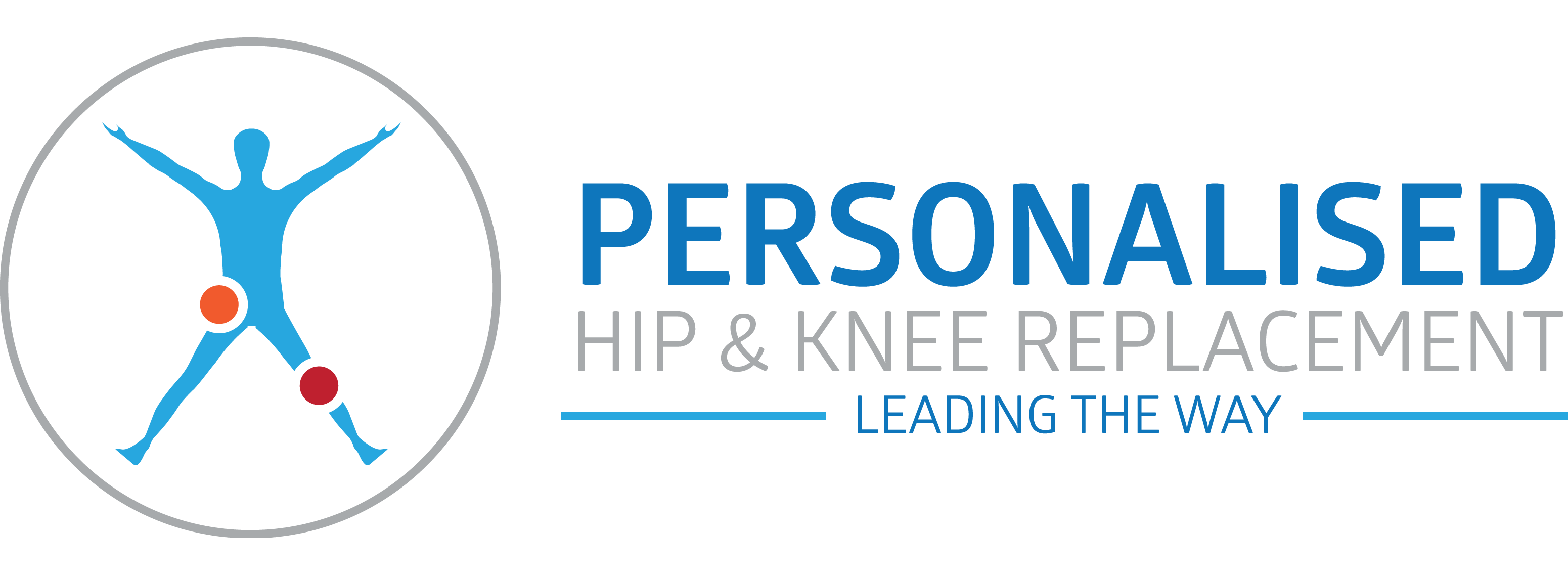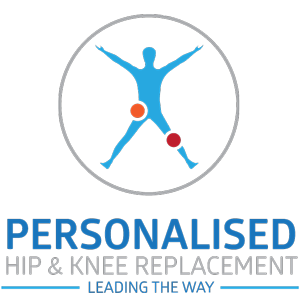Five top tips to speed up your recovery from knee surgery
Of course, you rely on expert surgeons to do the actual surgery on your knee. But the reality is that their work is only the first step in a long process of keeping your knee healthy and recovering from the problems that you faced prior to your operation. Here are our five top tips to help you make sure that you recover as speedily, and as completely, as possible.
1. Recovery begins before your surgery.
Your surgeon will most likely ask you to begin exercising your leg muscles – especially your quadriceps – before your surgery to help support your knee’s stability and help you get on your feet faster post-op.
2. Find yourself a great physiotherapist.
Your surgeon or specialist may be able to recommend a physiotherapist who can show you the best exercises to do to strengthen your new knee and to build up your strength before your operation as well.
3. The first 24 hours is key.
As soon as possible after your operation, and certainly within the first day, the nurses and physios will be helping you to get up and moving about. If you’re following an enhanced recovery programme, you may even be on your feet and walking the day after your surgery; but listen to the physios and make sure you follow their advice.
4. Staying mobile but staying safe.
For a while after your surgery, you’ll be at a greater risk of falling over – especially if you’ve had a nerve block and so can’t feel your leg as well as you are used to. Use the walking frame or crutches that the hospital gives you to stay safe. Make sure you use the frame or crutches just as you have been shown, to avoid injuring yourself in other areas as well.
5. Don’t overdo it too soon.
Getting mobile and staying active will certainly speed your recovery but pushing yourself too hard too soon will risk doing more harm than good. Especially if you live on your own, try to plan with friends and relatives to check on you regularly when you first get home and help out with some of those little tasks that may be beyond you initially. In the long run, you’ll be much better off.





